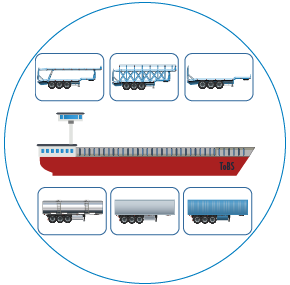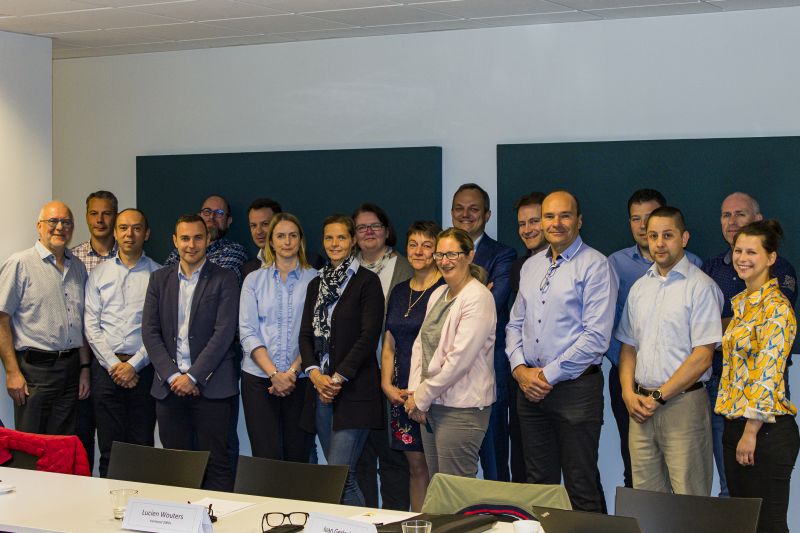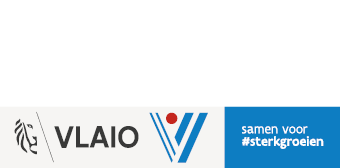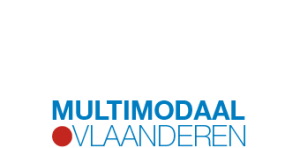The transport sector today is being confronted with a rising transport demand. Meeting this demand is a difficult task due to multiple factors: driver shortage, increasing congestion on our roads which raises the amount of hours lost in traffic and the total amount of time it takes to complete a transport order. In other words, on the suppliers side it is necessary to make optimal use of the current transport capacity.
Barge as an alternative
More often inland shipping is seen as an alternative transport mode, because there is still capacity available. There are already efficient solutions being offered for bulk and import / export containers, but for piece goods it is more difficult. Currently this cargo is usually transported by trailer. To realize this via barge, overloading is necessary, which equals extra handling and costs (infrastructure, material and qualified staff). Next to this, it also means a big number of pointless kilometers over the road such as repositioning empty trailers, that also cause traffic jams.
Goal and opportunities
The goal is to develop a simple and low-threshold concept with expansion possibilities. The aim is to “look to inland shipping in a different way” and to emphasize the synergy between road transport and inland shipping.
The axis between cities such as Genk – Hasselt – Antwerp – Brussels – Ghent show potential so far, in respect to the current congestion problems on one hand and the availability of class V and VI waterways on the other hand. Extra shuttle services within service ports can also provide an interesting alternative.


















